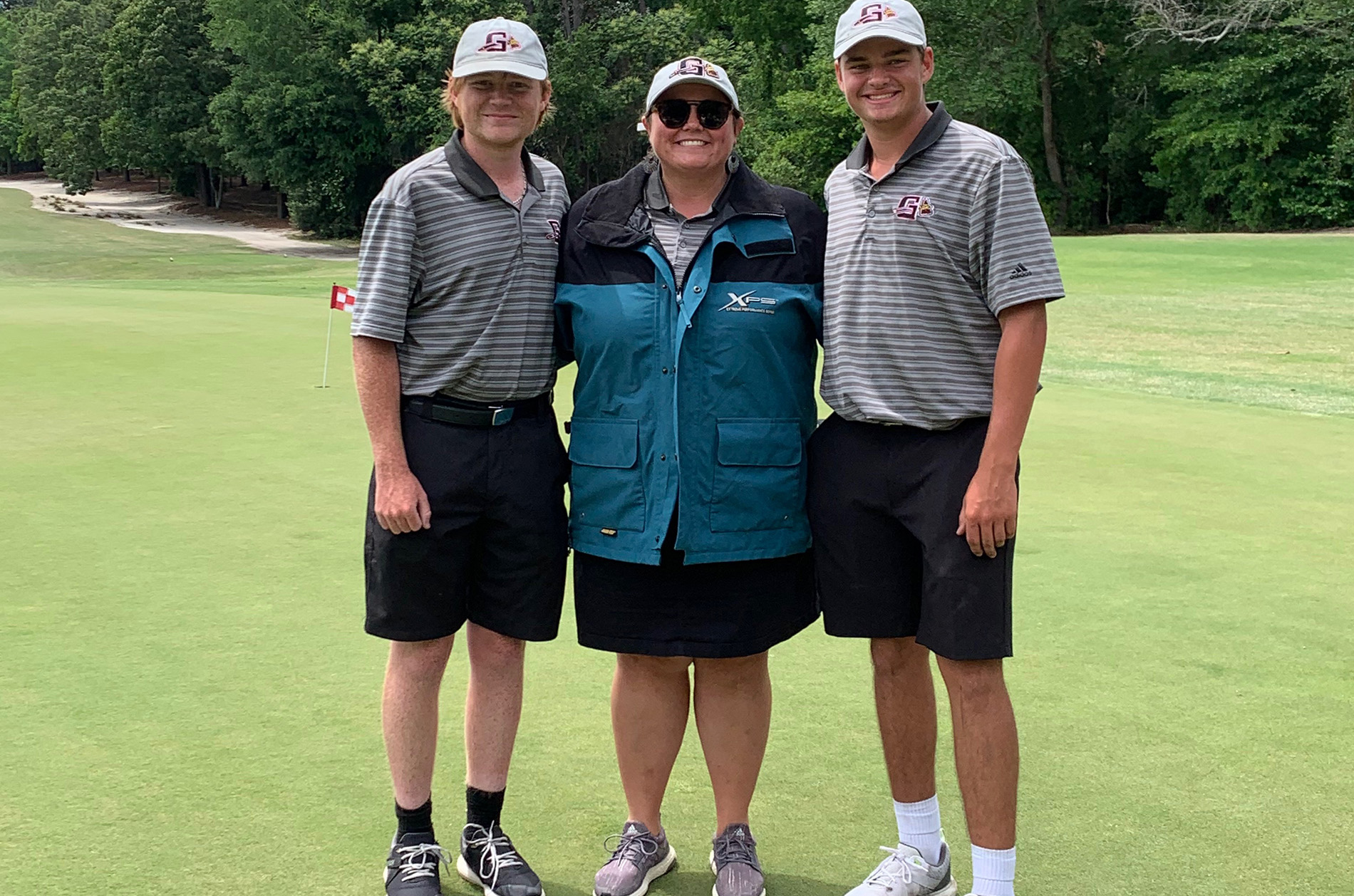What is iron deficiency anemia?
Iron deficiency is an inadequate amount of total iron in the body. Because iron is required for the body to make hemoglobin and produce red blood cells, the most evident sign of iron deficiency is anemia.
According to the World Health Organization, males with hemoglobin <13 g/dL, females with <12 g/dL, and pregnant females with <11g/dL should be screened for iron deficiency anemia. Low iron stores, often tested as ferritin < 30, also suggest iron deficiency.
The common causes of iron deficiency anemia are:
- Decreased iron absorption
- Inadequate iron intake
- Chronic blood loss.
What is the incidence of iron deficiency anemia?
Iron deficiency anemia affects more than 2 billion individuals worldwide, and iron deficiency in the absence of anemia is even more prevalent, according to the American Society of Hematology. Iron deficiency anemia is also the leading cause of years lost due to ill-health, disability, or early death in women. In older adults, it causes heart failure and angina.
Who is at risk of developing iron deficiency anemia?
Individuals who require high amounts of iron, like infants, preschool children (under age 5), menstruating women, and women in the second/third trimester of pregnancy and postpartum, are the most affected groups. Other groups at risk are vegetarians, vegans, and blood donors. Those with gastrointestinal cancers or who have undergone bariatric surgery like gastric bypass/gastrectomy and duodenal bypass are also at higher risk.
What are the symptoms of iron deficiency anemia?
Fatigue is the most common and early iron deficiency symptom - and is the most ignored symptom. Other symptoms include:
- Dry mouth
- Hair loss
- Headaches
- Restless legs
- Shortness of breath
- Heart palpitations
- Anxiety
- Decreased concentration, attention and cognition
- PICA(cravings for nonfood items).
What type of physician treats iron deficiency anemia?
A primary care physician can usually treat iron deficiency anemia. When it is severe or unresponsive to oral iron supplements, your primary care physician may refer you to a hematologist for further evaluation and treatment.
What are the treatment options for iron deficiency anemia?
Treatment options include oral iron supplements, IV iron infusion, and, when severe, a blood transfusion.
Iron supplements should be taken between meals with Vitamin C (orange juice or ascorbic acid) to improve absorption. You should not take iron supplements with dairy products, tea, coffee, or antacids, as these can decrease iron absorption. Oral iron can cause nausea, constipation, diarrhea, vomiting, metallic taste, and dark stool.
Can eating certain foods improve iron deficiency anemia?
There are two types of iron in food: heme and non-heme iron.
Heme iron is found in meat, fish, and poultry, and is the form most readily absorbed by your body. You absorb up to 30 percent of the heme iron that you consume.
Non-heme iron is found in plant-based foods such as fruits, vegetables, and nuts. Your body cannot absorb the iron in these foods well, so you only absorb between 2 and 10 % of the non-heme iron you consume. Green leafy vegetables, beans, tofu, lentils and peas have high iron content.
What can you do to avoid iron deficiency anemia?
An annual complete blood count check to monitor your hemoglobin will detect iron deficiency anemia. Eating a healthy, balanced diet with heme and non-heme iron-containing foods is critical to preventing iron deficiency anemia. Early recognition of iron deficiency symptoms is essential for early diagnosis and treatment.
For those with unexplained anemia, I recommend having an endoscopy and a colonoscopy since gastrointestinal cancers can cause iron deficiency anemia. It is important to have screening colonoscopies beginning at age 45 to evaluate for these cancers.

Sindusha Gudipally, MD, Lexington Medical Cancer Center,







Leave a comment